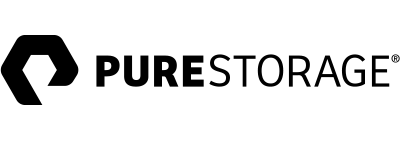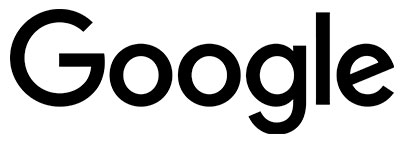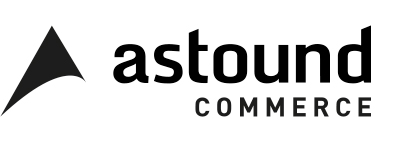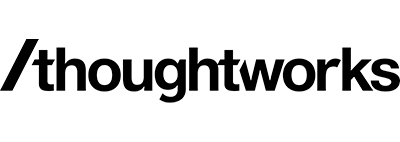After over a year of remote-first hybrid working, the world of work continues to evolve. Today, everything happens in your collaboration and communication platforms. They are the digital HQ, but decision makers are grappling with how to understand their true value for employees, impact on collaboration and business outcomes, and how to move forward.
The most common technique for collecting employee opinions and data is surveys. Effective surveys are able to capture the employee voice and promote employee empowerment, trust and a desire for change.
But there are a number of problems with surveys: subjectivity, various biases, admin and resource demands, and perhaps most notably – the expanse of time between setting the questions, delivering the survey, gathering the feedback, analysing and implementing change is huge.
Surveys provide declarative data. It’s what people say, how they feel based on their individual lived experience. But when people describe their problems, they are limited by the bounds of conscious experience. In a survey, typically an employee can describe their working experience and their subjective assessment of what’s working – or not working – but they cannot tell you about parts of the process that they are not aware of, that they haven’t logged in their memory or see as important.
There’s a huge gap between what people say and what they do. This chasm makes it incredibly difficult to make effective decisions. But this isn’t your employee’s fault.
Our brain takes shortcuts to store information and recall what is most relevant because we do not have the capacity to store all of the information that we have observed. In addition, what we recall is subject to various biases, for example, we have a tendency to post-rationalise and over-rationalise. This means that when we describe our working experience, we will draw on what we know, we will talk about processes and people in depth but we won’t necessarily have the perspective required to pinpoint the systemic origin of the problem and identify the solutions required to fix the issue. Even when what we describe is factual, accurate and insightful, our individual viewpoint does not allow us to describe all factors and how these factors interact to influence the organisation.
Compared to declarative data, for example what people report in surveys, behavioural data records actions and interactions between people. It provides concrete, unbiased insights into what is happening in practice. Some examples include: collaboration mapping, workplace tool usage (e.g. Slack or Microsoft Teams), activity records, communication patterns and deals closed.
The power comes from a combination of declarative and behavioural data. At Temporall, we are experts in gathering and presenting this unique combination of what both people say, and what they do in practice. Using a combination of surveys, pulse check-ins and real-time data collection from your collaboration tools, we both empower your people and give them a voice, while understanding the realities of their working experience. It humanises and contextualises the analytics, without losing critical insight working trends.
Harness both data types to get to the root cause of your organisation’s problems – not just hear that you have a problem.









